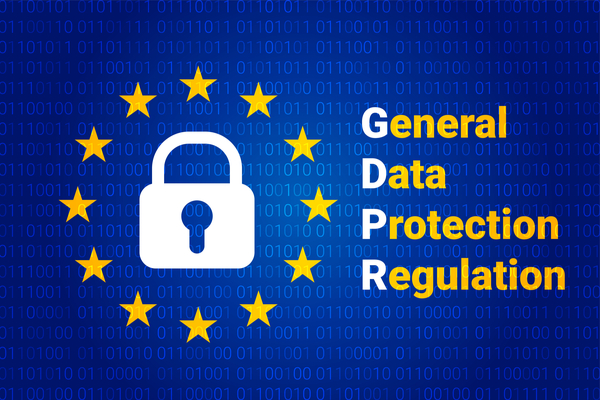With data being the most important currency today, millions of companies around the globe are looking for ways to ensure the protection of their customers’ most sensitive information in compliance with GDPR.
In fact, when it comes to outsourcing, data-related issues are of particular importance. That is because outsourcing usually means transferring user data to that country where the outsourcing services are provided.
Therefore, in this article, we’ll take a deeper look at how to ensure proper data protection in outsourcing.
GDPR – what is it all about, and how it affects the outsourcing sector?
When we talk about data protection, we have to discuss GDPR.
The European Union (EU) General Data Protection Regulation (GDPR) is a privacy regulation that outlines how to handle private information within the European Union.
Before GDPR was adopted back in 2016 (and came into full effect in 2018), it was a lot easier for businesses to outsource chosen services from third parties.
After the GDPR adoption, many companies faced huge challenges. They now had to ask their customers permission to move their data outside the European Union (e.g., India, Philippines, Vietnam, etc.)
Mainly, the GDPR was created to respond to many concerned Europeans who wanted their data to be handled properly.
Given this expectation, and GDPR, let’s look at some of the ways to deal with personal data in outsourcing.
Ensuring data protection under GDPR
One of the most common misconceptions about GDPR and outsourcing is the belief that stricter rules mean the end of outsourcing services like IT support from India or other non-EU countries. That’s is simply not true.
The main goal of GDPR is to ensure transparency on the systems and processes used for processing data. Meaning, both parties get that extra assurance of data protection.
When it comes to the specific steps, here are some of the changes you should implement:
- Preparing a written agreement with all of your data processors. In this agreement, your company has to outline the following:
- what personal data will be processed by the outsourcing company;
- how the process would look like;
- what means will be taken to avoid potential risks?
- Outline both rights and obligations you have for your customers and the outsourcing company. Doing so will help to ensure the process is as transparent as it can get.
- Dedicate a team at your company that will be responsible for all data-related issues.
- When in doubt, consult your legal partners. When it comes to data security, make sure you invest both time and effort into ensuring its proper protection to avoid any financial and legal risks.
Bottom line
Data-related questions are taking more and more space in any business sector. Outsourcing is no expectation.
To continue outsourcing services like accounting, IT support, financial consulting, and more, make sure your company fully complies with the GDPR.
Doing so will enable your business to scale and ensure that you, your customers, and your outsourcing partner have their private information protected.
